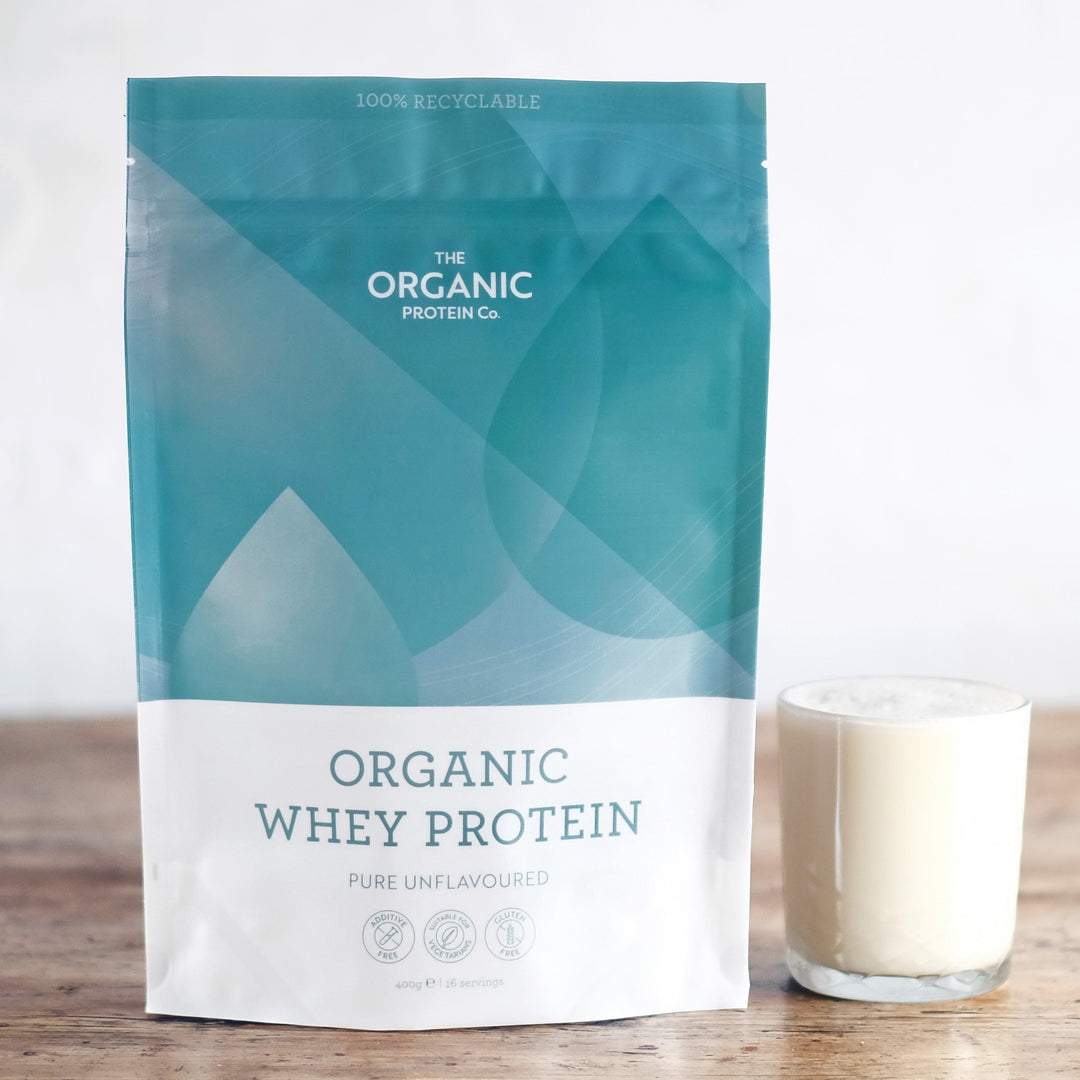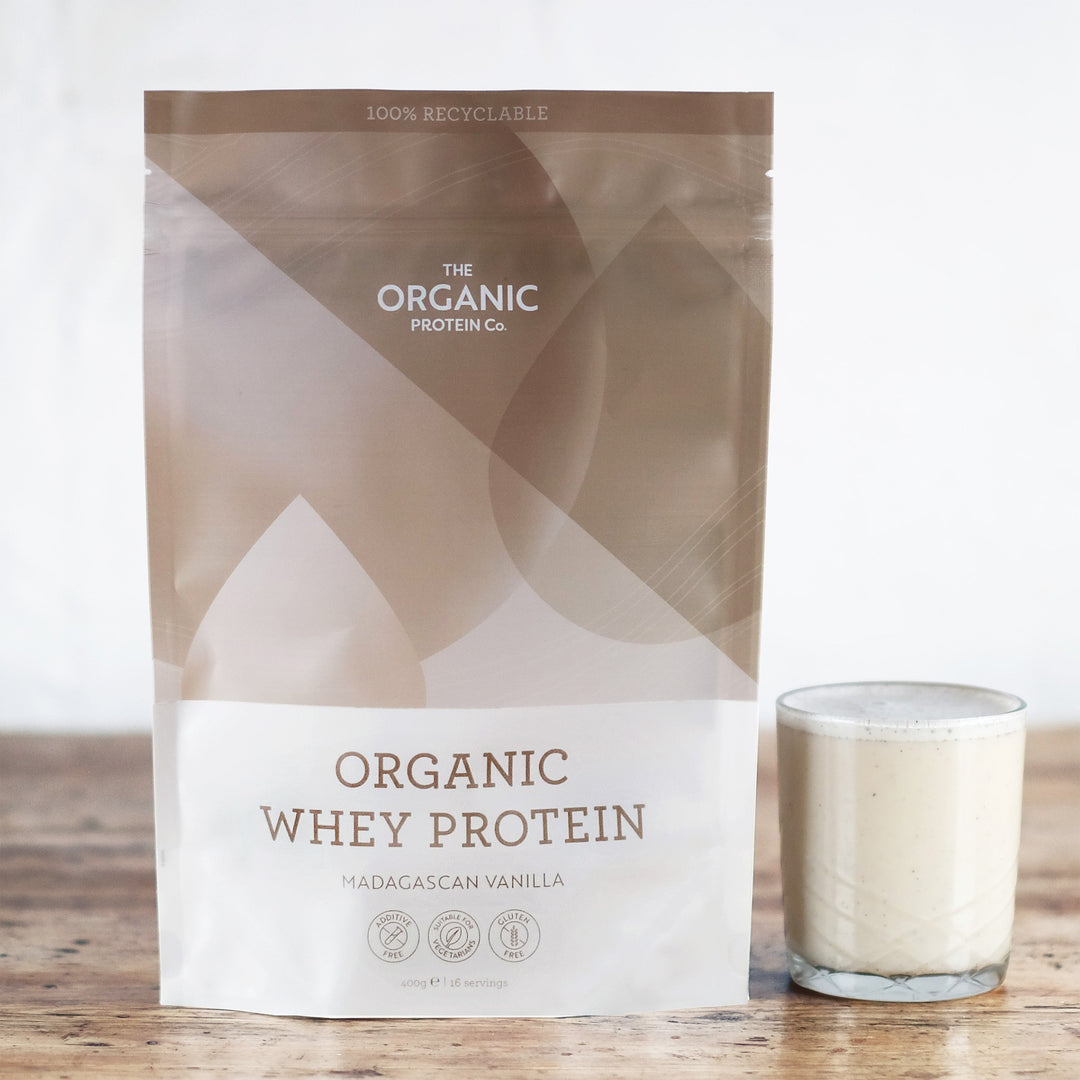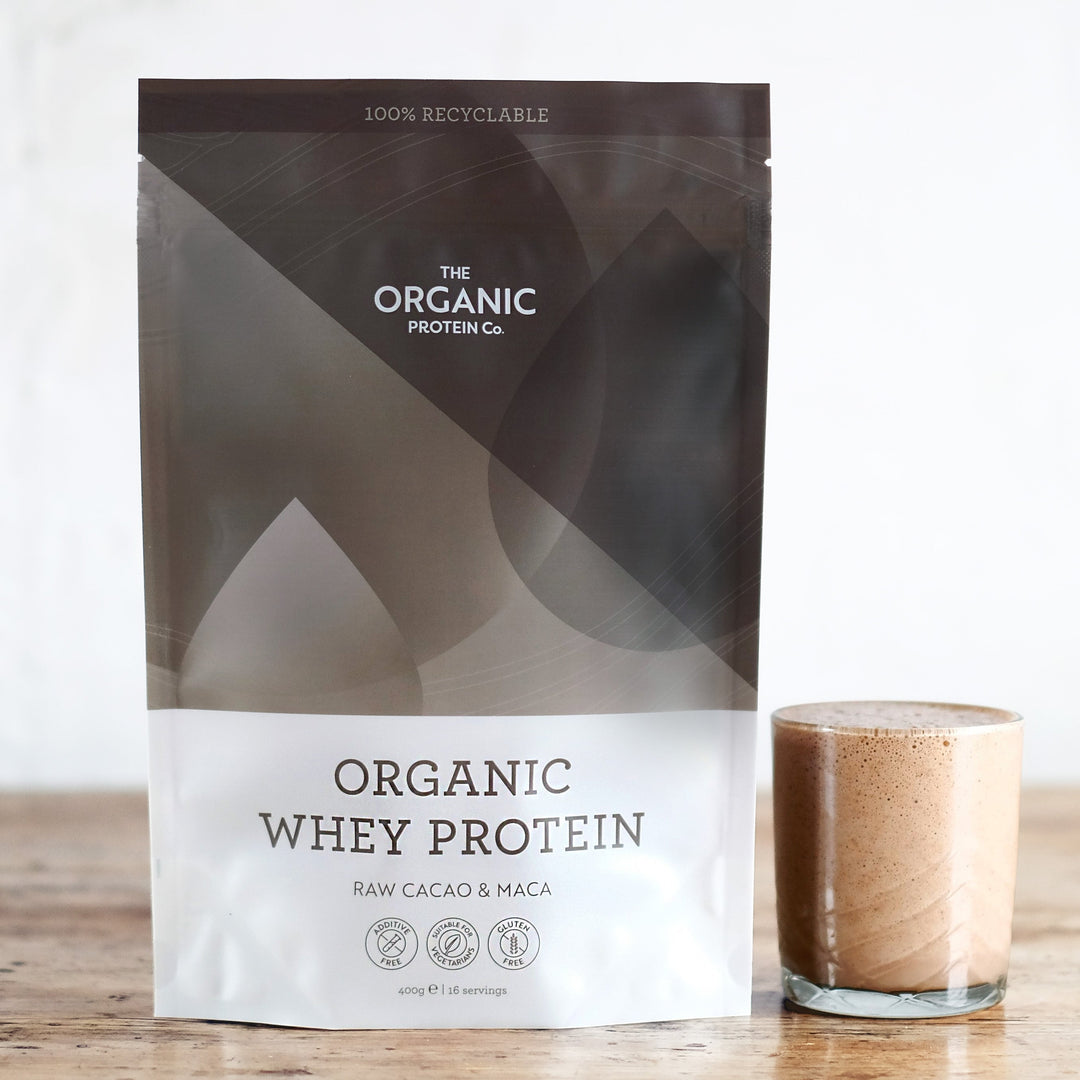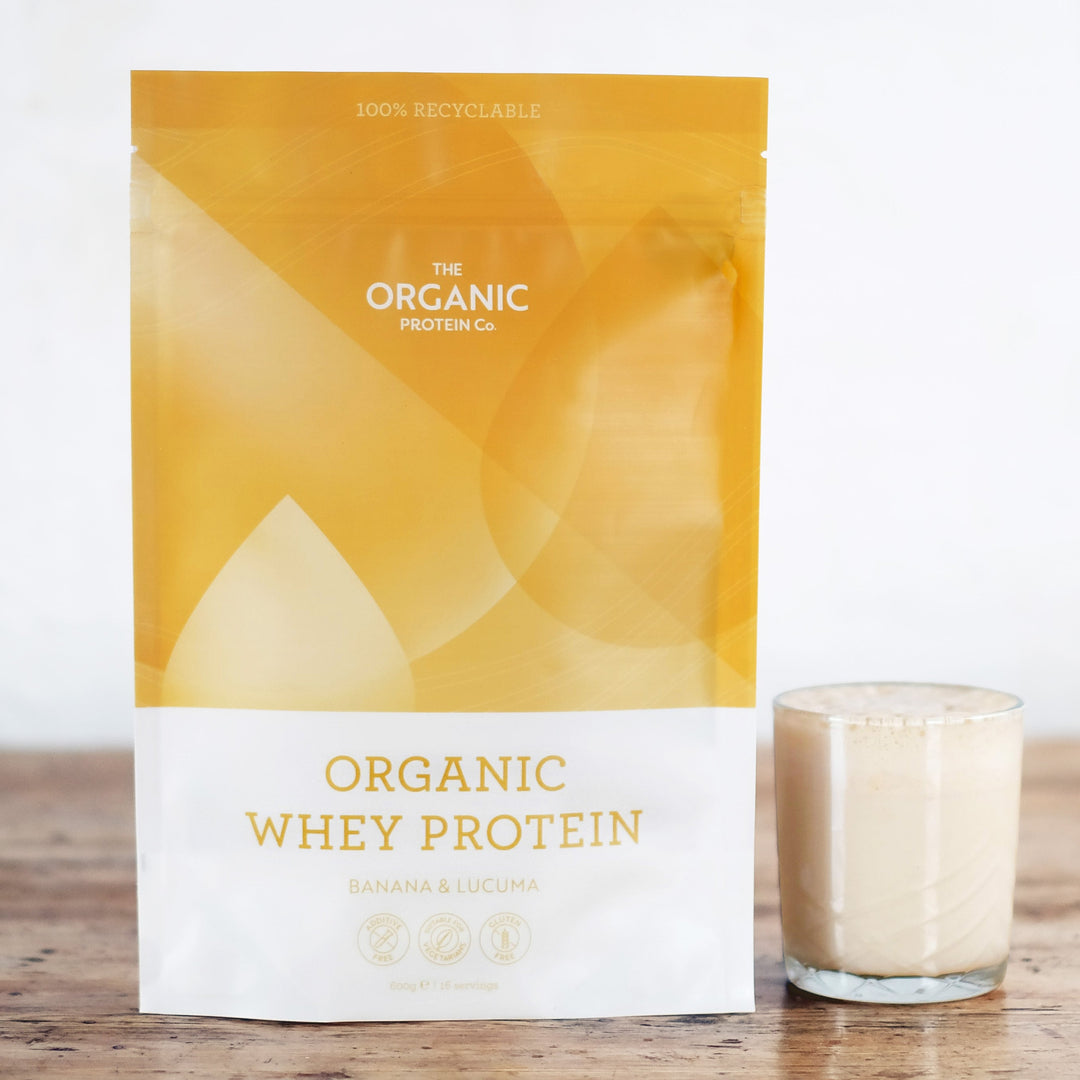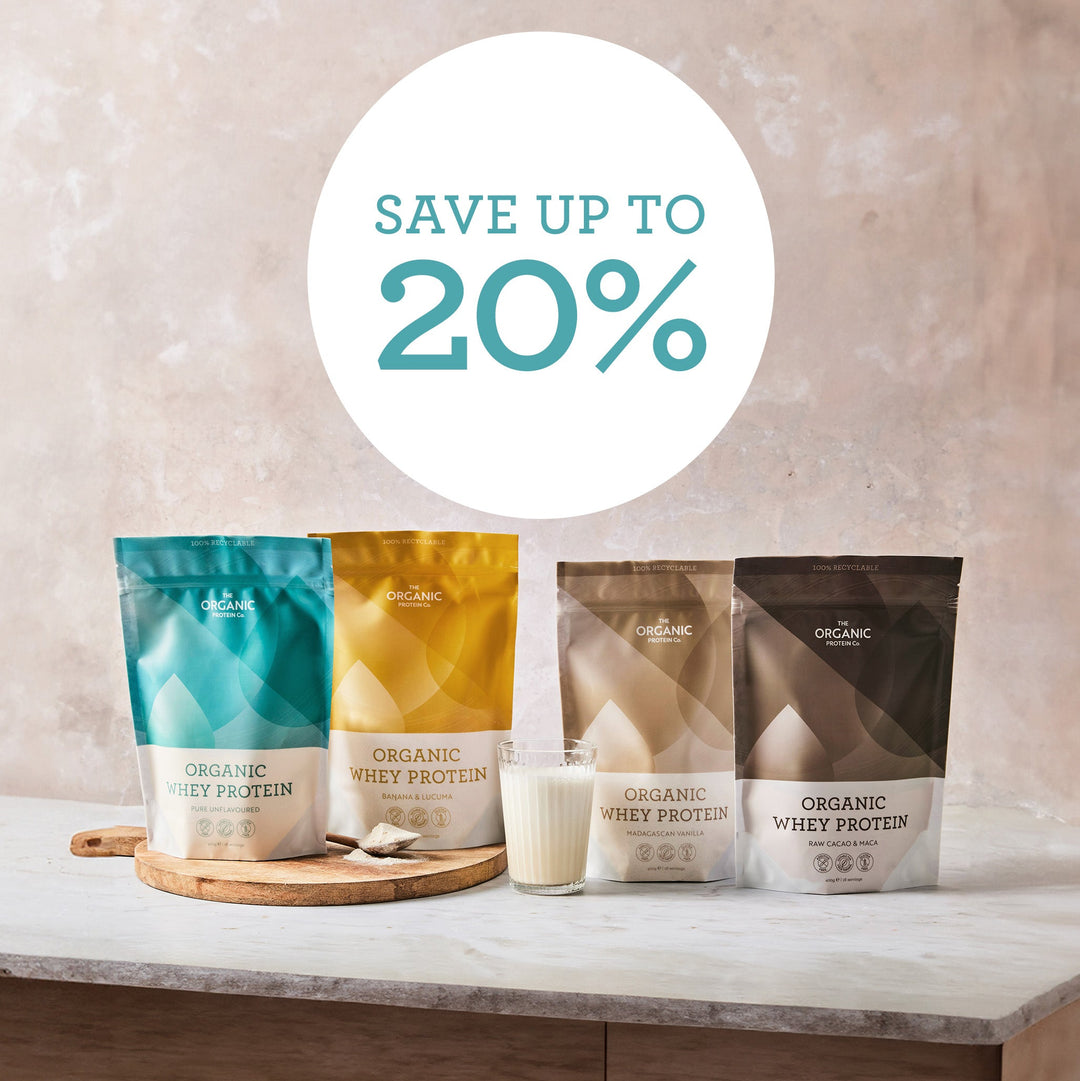Reducing our plastic packaging
Plastic is the cause of many well known environmental problems, from ocean pollution to the proliferation of microplastics. But what few mention is that all commercially available packaging is bad for the planet one way or another and the production of plastic alternatives such as glass, metal, paper and compostable materials can result in many times more greenhouse gases being emitted than regular old plastic. Even paper bag production (according to one study) results in 4x more greenhouse gases and 50x more water pollutants than plastic bag production and recycled paper is, well...a mixed bag.
"Paper has a very significant impact on the environment."
- WorldAtlas
Therefore we are avoiding materials that, despite appearing to be better for the planet than plastic, are in reality potentially much worse as greenhouse gases are an even bigger problem than the various other issues caused by plastics and the poor plastic waste management systems currently in place in many parts of the world. Making the switch to paper, compostable plastic or lovely glass jars is certainly great marketing, but the rapidly increasing use of these materials by businesses globally is actually very concerning given more greenhouse gases are being emitted as a result.
In other words, plastic is the least worst option currently available. Or at least for a product such as our organic whey protein; we need packaging that will keep it fresh for up to two years and to survive being thrown about by Royal Mail without needing too much additional packaging. Anything else that accomplishes both goals has a bigger carbon footprint than plastic, so why use anything else?
Where are we now?
We have started to use HDPE plastic stand up pouches that can be recycled at any supermarket carrier bag collection point and they are made right here in the UK. They're thin, strong, and lightweight, so therefore they don't need a lot of extra packaging to post. They are made with fewer materials than rigid packaging such as jars, tins, and tubs, plus the energy used to transport them is lower than for packaging that has been imported from outside the UK.
Our pouches are also made in small batches to avoid having to dispose of any out-of-date packaging: waste is kept to a minimum. Not all our pouches are yet recyclable however, as we are using up the last of the non-recyclable pouches to avoid waste.
Reduce reduce reduce
It seems to be undeniable that greenhouse gas emissions are responsible for at least some - most likely a majority - of rising global temperatures, so I find it worrying to see so many companies switching to paper, glass, metals, and bioplastics without also cutting down on the amount of packaging or offering a compelling reason for people to re-use the packaging after the first use.
In an ideal world we would offer a refill system so you could fill your own container, or offer our own returnable containers for people to return and reuse repeatedly, but unfortunately as we send our whey protein to people all over the UK from one location packaging reduction and recyclability must be our priorities.
How are we reducing our packaging?
- We've already reduced the size of our pouches so they are about as small as we can get them.
- We are considering removing the resealable zippers from our pouches, as this is an aspect of the packaging that I don’t think is essential and the majority of people we surveyed were ok with us removing these.
- For smaller orders we are using the smallest box sizes we can and we are in the process of further reducing the size of our boxes for larger orders too, aiming to use as little cardboard possible.
- We aren’t using any paper or plastic padding, or any other type of void fill. An often overlooked source of unnecessary packaging – especially paper padding, which is often incorrectly assumed to be planet-friendly.
- We stopped sending a scoop in each pack back in 2017 and now only offer them as a paid option for those who feel they really need one. They are made in the UK from plastic and this is something we are ok with, as they can be used for years without needing a replacement. We could import wooden or metal scoops from China as a way of offering an affordable alternative, which many companies are now doing, but that would likely increase the carbon footprint, only for the sake of appearing to be more environmentally friendly. Beware of companies offering compostable scoops too; this only encourages people to dispose of their scoop instead of using it as many times as possible and there is nothing eco friendly about the compostable plastic used to make these.
- Our cardboard boxes are made in the UK using at least 70% recycled materials and our thank you cards are made from 100% recycled card - and of course also made here in the UK.
- A paperless office. All our paperwork is managed digitally, and we encourage any companies we work with to send all documents in digital form where possible.
What about bioplastics?
Bioplastics come in a variety of forms and are normally labelled as compostable plastic or “plastic-free” plastic. Some of these materials can provide the necessary strength and barriers from moisture and air that our whey protein needs, by using multiple materials laminated together. However, some of the material is fossil fuel-derived to improve the strength and longevity and we have yet to find a brand honest enough to mention this part. If you see any protein powder packaged in "plant-based" packaging it is very unlikely to be 100% plant based and will almost certainly contain at least 50% fossil fuel-derived material which is really just plastic in all but name.
“Compostable plastic is still plastic, and it is no silver bullet for solving plastic pollution.”
- WRAP
I don’t believe this is currently a great substitute for recyclable plastic, as the fossil fuel-derived chemicals in the material are unlikely to fully break down during the composting process and as far as I can tell they have a bigger carbon footprint than regular plastic, partly because there are multiple materials being shipped from manufacturers in different countries. What’s more, as with any compostable packaging there is still scant support for bioplastic composting from local councils and apparently 97% of people don’t even own a compost bin. Another point worth making is that if (or when) any these compostable pouches end up in the sea they are unlikely to break down for quite a long time. We’ve had one such pouch submerged in a jar of water for over two years now and it is still very much intact!
Single polymer compostable materials such as PLA might potentially be better for the planet than regular plastic, but they don’t offer the strength or shelf life guarantee that we need for our whey protein.
Looking at the bigger picture, if all fossil fuel-derived plastic packaging was replaced with bioplastics right now, a disturbingly large amount of deforestation (and/or destruction of other natural habitats) would have to happen to create the vast amount of additional agricultural land needed to support the switch.
The future of bioplastics looks promising though, with innovations involving the use of agricultural waste or even bacteria producing the source material, giving us hope for packaging with a significantly smaller environmental footprint than fossil fuel-derived plastics. If global plastic waste management also improves significantly, we could finally end up with a truly sustainable packaging system to replace the array of environmentally damaging materials we are currently stuck with.
“What I can tell from my research is that bioplastics are not necessarily safer than conventional plastics with regard to the toxicity of the chemical mixtures they include.”
- Lisa Zimmerman, a Ph.D. student in the Department Aquatic Ecotoxicology at Goethe University in Frankfurt (Main), Germany.
Conclusion
Our continued use of plastic, albeit sparingly and in a recyclable form, may not be the most popular move but until something legitimately better comes along this appears to be our best option for minimising the overall environmental footprint of our packaging. I believe increasing greenhouse gas emissions remain a major threat to our planet, therefore in our situation where going packaging-free isn’t yet feasible, using minimal quantities of plastic seems to be the most sensible choice. However, we desperately need plastic waste management to improve significantly or for a viable replacement to come along, as we can’t continue with the status quo indefinitely. We will continue testing new packaging innovations and in the near future we intend to incorporate increasing amounts of recycled material into our pouches and ultimately have the material made perhaps by these fancy new microbes or from agricultural waste.
By Daniel Whitehead, Founder of The Organic Protein Company
Additional information
Plastic vs other traditional packaging materials:
- Let's Talk About Packaging (ASOS)
- Stop celebrating your plastic bag ban. Paper bags are so much worse (The Independent)
- Life Cycle Impacts Of Plastic Packaging Compared To Substitutes In The United States And Canada (Franklin Associates)
- Rapid uptake of plastic alternatives could increase pollution, MPs warn (Natural Products Online)
- What's the real price of getting rid of plastic packaging? (BBC)
- Plastic Has A Big Carbon Footprint — But That Isn't The Whole Story (NPR)
- Which is more environmentally friendly: paper or plastic? (How Stuff Works)
Bioplastics: compostable, "plant-based" & "plastic-free" plastic
- Abel & Cole scraps compostable plastic packaging due to sustainability concerns (The Grocer)
- The Truth About Bioplastics: Green (Washing) Is The New Black (Debris Free Oceans)
- The Truth About Bioplastics (Columbia University)
- If plastic is the problem, is bioplastic the solution? (Social Innovation Japan)
- Everything you need to know about plant-based plastics (National Geographic)
- “Biodegradable” Plastics: A Myth of Marketing? (Elsevier B.V.)
And some more stats
- Eight million tonnes of plastic are thrown into the ocean each year (BBC)
- Four times more energy is used manufacturing a paper bag than a plastic bag (BBC)
- Only about 9 percent of plastic gets recycled (Columbia Climate School)
- A paper bag would need to be used 43 times to have a lower impact than the average plastic bag (Green Alliance)




